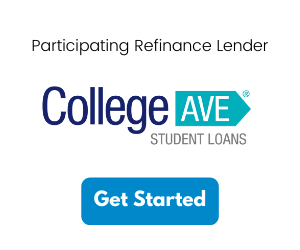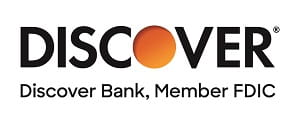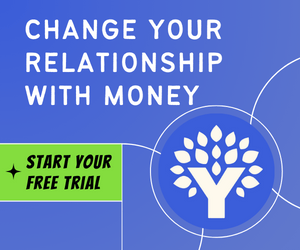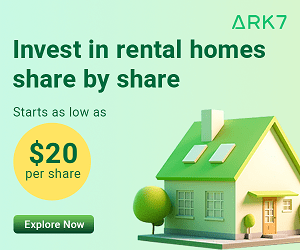- Compare Lenders
- Plan for College
-
Student Loans
-
- Filing the FAFSA 2024-25: A Simple Guide for Students
- FAFSA FAQ - Your FAFSA Questions Answered
- The complete guide to federal undergraduate student loans
- What are Federal Parent PLUS Loans and How to Apply?
- Financial Aid for Graduate School
- Compare Subsidized and Unsubsidized Student Loans
- View All Articles >
- FAFSA
- Private Student Loans
- Federal Student Loans
- Repay Student Loans
- Lender Reviews
- Credit Cards
- Money Management
- Student LIFE Blog
Edvisors (“Edvisors Network, Inc.”) provides independent advertising-supported platforms for consumers to search compare and apply for private student loans. Loan offers from participating lenders that appear on our websites are not affiliated with any college and/or universities, and there are no colleges and/or universities which endorse Edvisors’ products or services. Lender search results do not constitute an official college preferred lender list. Edvisors receives compensation from lenders that appear on this site. This compensation may impact the placement of where lenders appear on this site, for example, the order in which the lenders appear when included in a list. Not all lenders participate in our sites and lenders that do participate may not offer loans to every school.
Edvisors is not a lender and makes no representations or warranties about your eligibility for a particular loan or financial aid. Lenders are solely responsible for any and all credit decisions, loan approval and rates, terms and other costs of the loan offered and may vary based upon the lender you select. Please check with your school or lender directly for information related to your personal eligibility.
Edvisors has endeavored to provide accurate information. However, the results provided by lenders are for illustrative purposes only and accuracy is not guaranteed, as such, Edvisors assumes no responsibility for errors or omission in the information provided.
Thank you for your interest in Edvisors' 2020-2021 Guide to Filing the FAFSA.
Please complete the form below to access your free copy.
Thank you! Click here to download your free FAFSA Guide.
Enter your email below to receive your Student Loan Handbook from Edvisors.
Please check your email for the Student Loan Handbook.
Student Aid Matters® FAQ
The timing of rush, or the recruitment process for fraternities and sororities, can vary from college to college. Generally, rush week happens at the beginning of the academic year, however, some schools have formal recruitment during the first semester, while others wait until the second semester. Therefore, it's best to check with your specific institution or the Greek life office to find out when rush starts at your school.
Read Entire AnswerAccessibility of professors can vary depending on the institution and the specific professor. However, most professors are accessible and willing to help students succeed. While professors are there to help, they also expect students to take initiative in their learning. Don't be afraid to reach out and take advantage of the resources available to you.
Read Entire AnswerFor a general overview of what classes are like in college: class sizes can vary, some classes will be lecture-based, others may be more discussion-focused. Professors in college often have a more hands-off approach compared to high school teachers and the workload can be quite heavy. Every professor and course is different, so this is just a general overview.
Read Entire AnswerPacking for college can be an exciting yet daunting task. Here's a list of the most packed essentials you should consider bringing to college: dorm room essentials, clothing and laundry supplies, toiletries, desk supplies, electronics, kitchen supplies and medication.
Read Entire AnswerMeal plans in college can vary significantly depending on the institution, but here's a general overview of how they usually work: pre-paid system, meal swipes, dining dollars, tiers/plans, unused meals, changing meal plans and off-campus use.
Read Entire AnswerDorm Life is a unique experience that you'll likely remember for the rest of your life. Here are a few key aspects: community, independence, small spaces, shared facilities, events and activities and rules.
Read Entire AnswerCopyright © 2024 by Edvisors.com. All rights reserved.










